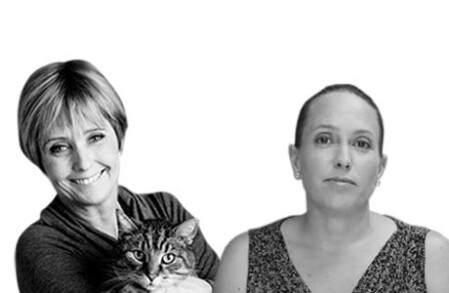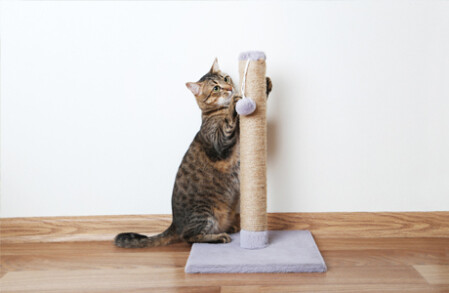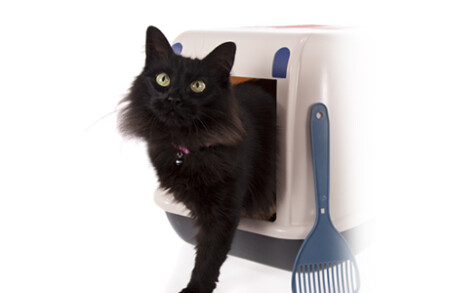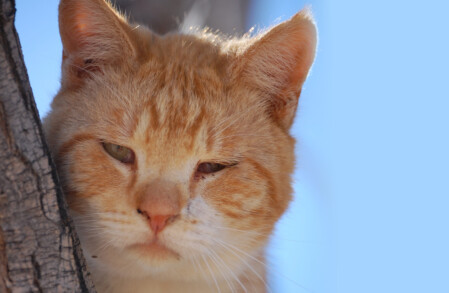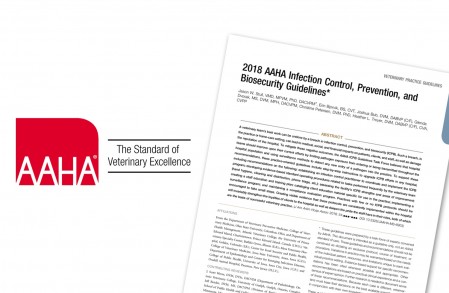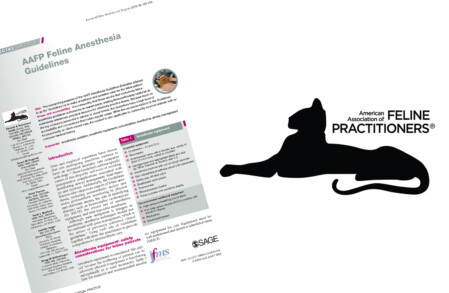Increase your knowledge with this eclectic collection of science-focused snippets, articles, video summaries and papers aimed at keeping you in the picture!

Scientific Snapshots
Though preventable with appropriate vaccination protocols, parvoviral enteritis is still seen frequently in clinical practice. Treatment for these cases typically involves hospitalization, intravenous fluids, antimicrobial therapy to protect against intestinal-origin bacteremia, antiemetics, and early feeding. Some cases require plasma transfusions and other treatments. In-patient treatment of parvoviral enteritis is quite expensive, and care is often declined by clients because of cost. The...
Sponsored by


In 2017, Drs. Michelle Evason and Scott Weese launched the Canadian K9 Lifetime Study in response to questions, frustrations and uncertainties surrounding Lyme disease and other vector-borne diseases in dogs.
In this video, Dr. Evason explains how the study aims at filling the gaps in the limited data available on canine Lyme disease by following a group of puppies, and their owners, who live in high risk and emerging risk areas across Canada over the normal course of their lifetime together....
Declawing of cats is illegal in many industrialized countries, but is still a common elective procedure in Canada and the United States.
Anecdotal reports of behavioural abnormalities in declawed cats exist, but no large studies have been performed to link previous declawing with medical or behavioural issues in cats following the procedure.
The study highlighted in this Scientific Snapshot evaluated a large number of cats to determine if there was a link between previous onychectomy and...
Sponsored by


Gastrointestinal (GI) bleeding can be a cause of both acute and chronic blood loss in all species, and may be a cause of the chronic anemia that is a common problem in small animal patients. GI blood loss can be massive and lead to marked acute anemia with melena, or it can be of lower grade and lead to a chronic low-grade anemia (often iron deficiency anemia).
In humans and dogs, fecal occult blood testing via various methods (most often Hemoccult tests) have been evaluated and validated for...
Sponsored by


Watch Dr. Paulo Steagall, anesthesiology professor at the Faculté de médecine vétérinaire of the University of Montréal, as he summarizes the outcome of this newly published study in The Canadian Journal of Veterinary Research.
Feline Immunodeficiency Virus (FIV) infection is detected with moderate frequency in the general feline population. Some FIV-positive cats can survive for extended periods of time, and may live a “normal” lifespan. Other infected cats succumb to various infectious diseases, neoplastic conditions or other maladies. Because people infected with Human Immunodeficiency Virus (HIV) are prone to proteinuria – which is usually secondary to hypertension and often precedes renal failure – a study was...
Sponsored by


A veterinary team’s best work can be undone by a breach in infection control, prevention, and biosecurity (ICPB). Such a breach, in a practice or home-care setting, may have medical, social, and financial impacts on patients, clients, and staff, as well as damage the the hospital's reputation.
To mitigate these negative outcomes, the American Animal Hospital Association (AAHA) ICPB Guidelines Task Force believes that hospital teams should improve upon their current efforts by limiting...
Dr. Liz O’Brien, board-certified feline veterinary specialist, has dedicated her life to improving feline care in her own cat exclusive practices and also as the visionary behind Cat Healthy™. In this video, she provides a content overview of the newly released Feline Anesthesia Guidelines by the American Association of Feline Practitioners (AAFP).
Easy to read from start to finish, the AAFP Feline Anesthesia Guidelines are well presented and include relevant and comprehensive information that...




